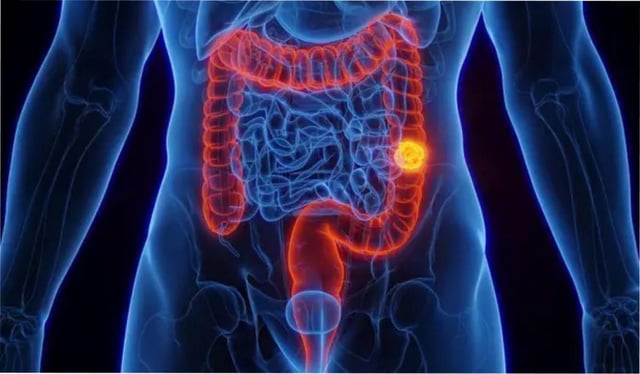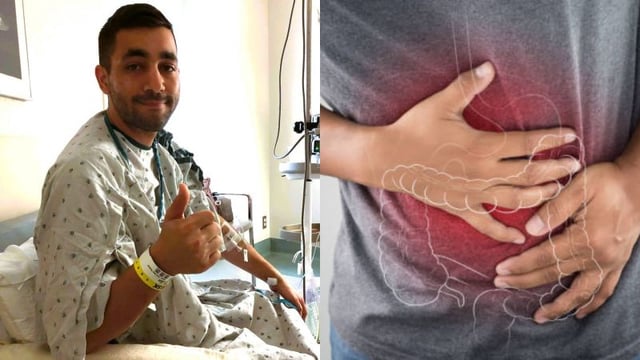Overview
- Joe Faratzis says he ignored months of abdominal pain, night sweats and bowel changes before noticing blood in his stool and receiving a terminal-stage colon cancer diagnosis at age 28.
- He underwent intensive chemotherapy and surgery and now, five years later, shares his experience on TikTok to highlight the risks of delaying medical evaluation.
- Bright red or dark blood in the stool, persistent diarrhea or constipation and unexplained weight loss lasting more than three weeks should prompt a medical consultation.
- Colonoscopy, sigmoidoscopy and fecal occult blood testing are key diagnostic tools whose use in early stages can increase survival rates to about 90%.
- Experts note that reducing red and processed meat intake, quitting smoking and staying active, combined with routine screening for those at higher risk, can help prevent colon cancer.



